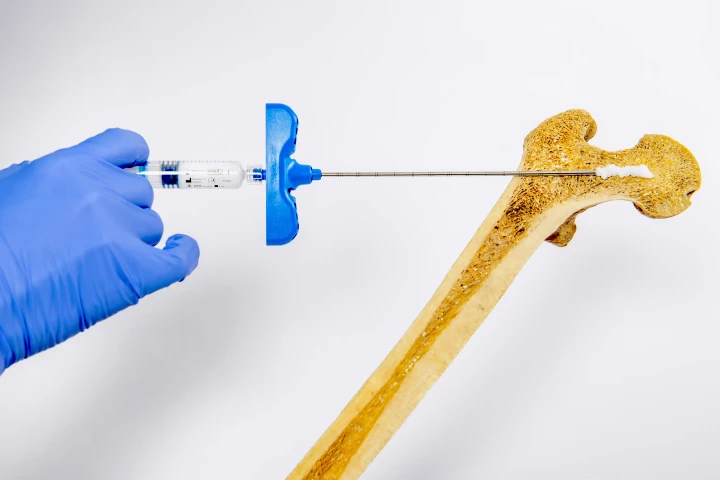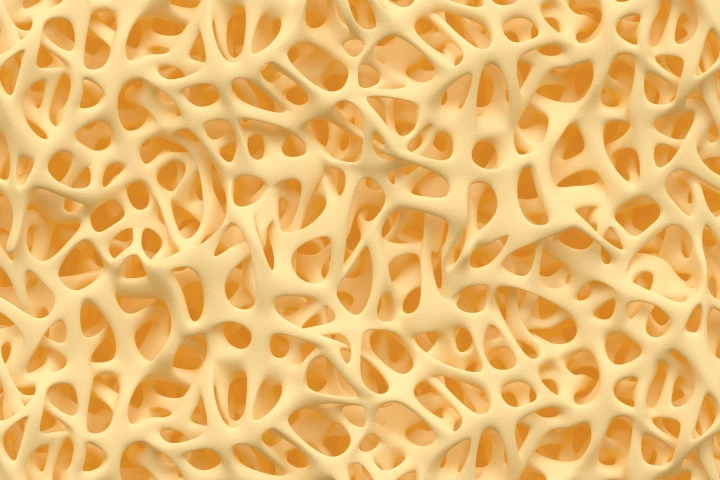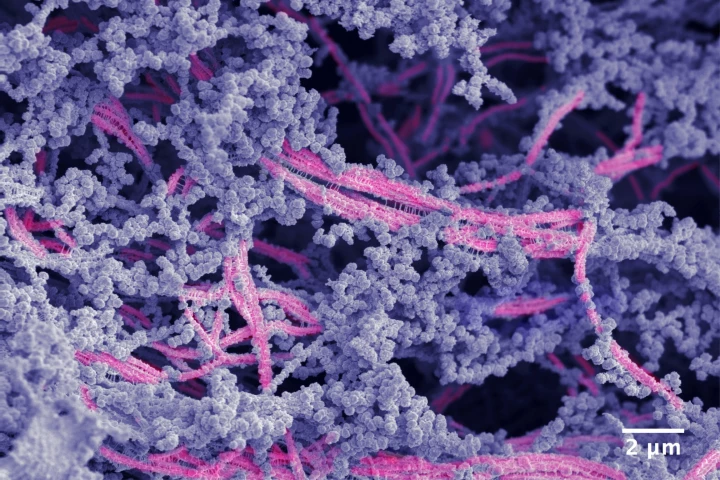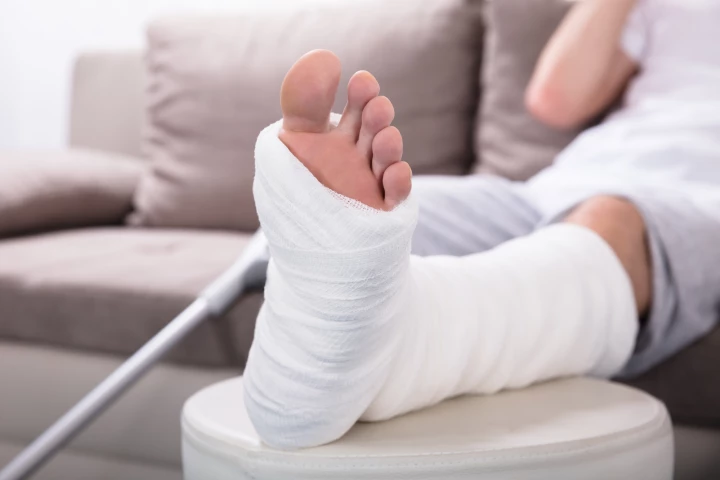Bones
-
For the first time, scientists have pieced together the diverse diet of a sauropod species, using advanced technology to assess the fossilized stomach contents that make up the dinosaur's last meal, which took place around 95 million years ago.
-
Excavations found that the brain of what seems to be a human male contained dark glass formed during the eruption of Mount Vesuvius in 79 CE. The effect can't be explained by lava temperatures alone, but rather a different event from the cataclysm.
-
You may think that if a species died out millions of years ago, its design would be too old to have any applications in our technology. A new analysis of pterosaur bones, however, suggests that they could inspire lighter, stronger aircraft materials.
-
Osteoporosis is typically treated with orally administered drugs, which may take up to a year to have a noticeable effect. A new injectable hydrogel, however, is claimed to drastically boost bone density in as little as two weeks.
-
Whether they're caused by injury or other factors, missing sections of bone can be quite difficult to replace. A new injectable hydrogel could change that, however, by transforming into a bone regeneration material when exposed to visible light.
-
The body has a remarkable ability to heal injuries, but it has its limits. Now scientists have developed a way to improve on the natural process, making implants created from a patient’s own blood to regenerate injuries, even repairing bone.
-
Scientists have demonstrated a new potential treatment for bone cancer. A bioactive glass laced with a toxic metal was able to kill up to 99% of the cancer without harming healthy cells, and could even help regrow healthy bone after.
-
Two innovative new developments have demonstrated that degraded cartilage can be regrown, first with 'dancing molecules' that target the protein needed for tissue regeneration, secondly with a hybrid biomaterial that stimulates cartilage growth.
-
How do we separate the movie myths of Tyrannosaurus rex from the actual animal? The Victoria the T-rex exhibition sets the record straight with recent discoveries about what T-rex looked and sounded like, how it sensed the world, and how it hunted.
-
Pompeii is famous for its uniquely pristine preservation of the daily lives of its residents 2,000 years ago. While most residents were quickly buried under volcanic ash, two newly discovered skeletons reveal unlucky people who suffered a different fate.
-
Well-preserved bones of a two-tonne glyptodont revealed cut marks indicative of stone tools, suggesting that human hunter-gatherers had settled in the Americas around 21,000 years ago – some 5,000 years before people were thought to have arrived.
-
Researchers regenerated damaged bone in mice by creating a scaffold that combines a piezoelectric framework and the growth-promoting properties of a naturally occurring mineral. The novel “bone bandage” has wide-ranging potential applications.
Load More











